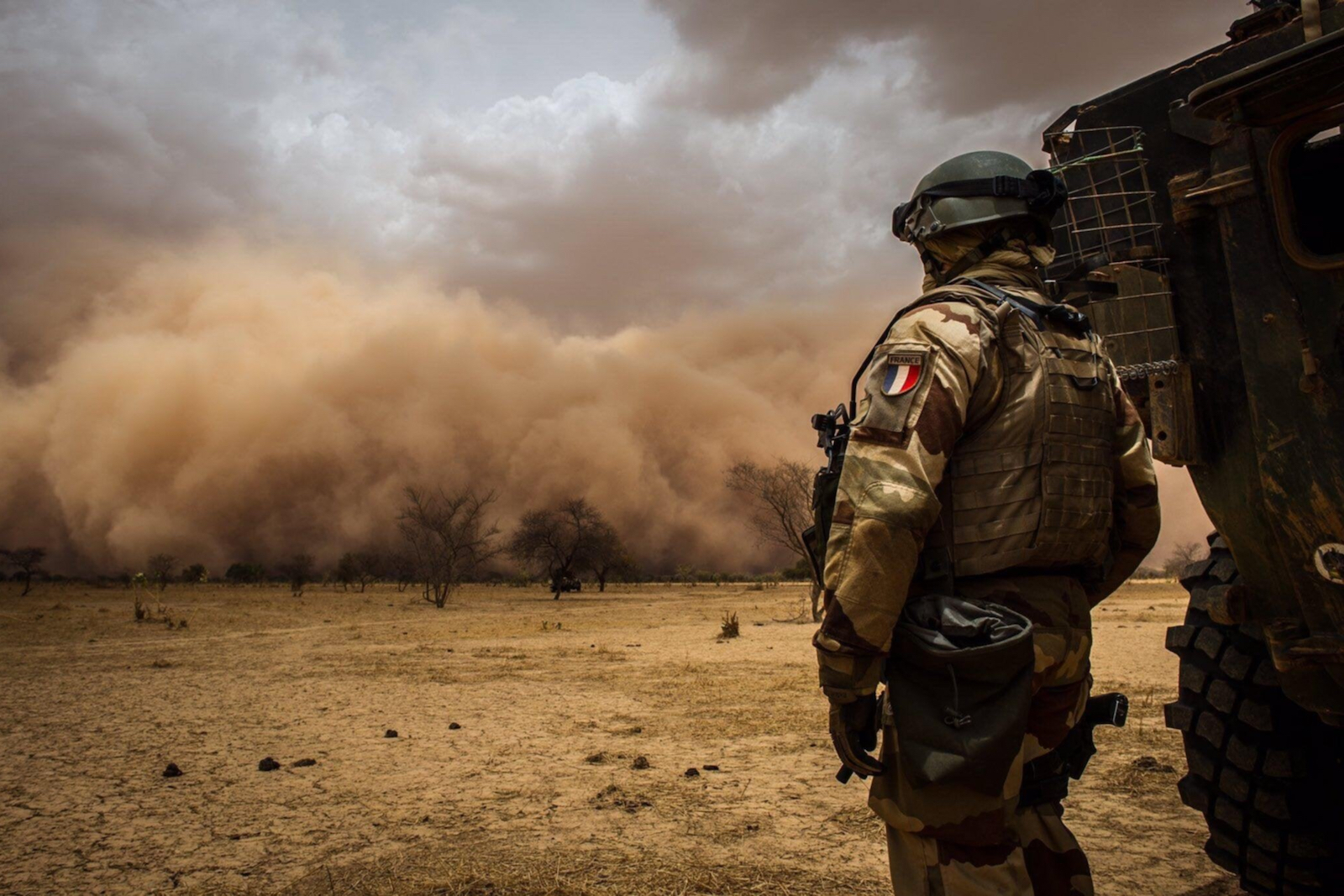
Mali Needs a Miracle
As thousands of European troops withdraw from Mali, a land-locked West-African nation considered to be unstable and under growing Russian influence, the question is what kind of humanitarian crisis are they leaving behind and what more can be done?
For years, UN peacekeepers from various countries and thousands of French troops worked to prevent Mali from falling under the control of an Islamic extremist insurgency linked to Al-Qaeda and the Islamic State.
In 2013, the UN peacekeeping mission, the Multidimensional Integrated Stabilization Mission in Mali (MINUSMA), comprising around 15,000 soldiers and police personnel, patrolled the country. The European Union also set up a military training mission with 1,000 soldiers who were deployed to train the country’s armed forces.
German troops were also part of both of these missions. The European Union Training Mission in Mali (EUTM) and the EU Capacity Building Mission (EUCAP) spent a number of years training and advising Mali’s security forces. French troops were deployed in 2014 to fight terrorism in what is known as Operation Barkhane, which was further supported by Task Force Takuba in 2020.
But the arrival of the now-notorious Wagner Group in 2021, in addition to the problem of France’s tense relations with the military junta led to the EU withdrawing its troops.
A December 2022 Al Jazeera report notes that private armies “are on the rise in the region, especially in Mali which has severed ties with France and withdrawn from the G5 multinational security force tackling insecurity in the Sahel.”
The article also notes that Mali’s leaders “had taken power citing the government’s inability to tackle armed groups wreaking havoc, complicating its relationship with France and the Economic Community of West African States (ECOWAS) which imposed sanctions.”
According to a report in The Guardian, James Heappey, the British defence minister, “said that two coups in three years had undermined international efforts to advance peace and that the Malian government was now working with the Russian mercenary group Wagner, which he accused of mass human rights abuses.”
This is all deeply unfortunate since Mali is a country with a rich history and culture. It has made a number of contributions to the world, including in the fields of music, art, and literature. Mali is also known for its natural resources, including gold and cotton, which have played a significant role in the country’s economy and international trade. In addition, Mali has a number of important historical and cultural landmarks, including the city of Timbuktu, which is a UNESCO World Heritage Site.
Its vast gold resources notwithstanding, Mali remains one of the poorest nations on earth. There are several reasons why Mali is a poor country. One reason is that it is landlocked, which makes it difficult for the country to trade with other countries and access global markets. Mali is also heavily reliant on agriculture, which is vulnerable to drought and climate change.
The violence in neighboring Burkina Faso has also undermined Mali’s security. Since 2015, Burkina Faso has become the epicentre of a violent rebellion that has spread from neighbouring Mali. Thousands have been killed across the Sahel region with nearly two million people being displaced.
But these are not the only reasons why Mali is spiraling.
According to the International Institute of Sustainable Development (IISD), “The 2012 discovery of a rich vein of gold stretching across the Sahel region from east to west and the subsequent gold rush coincided with a rise in religious extremism, conflict, and crime in the region, particularly in the three countries: Niger, Burkina Faso, and Mali.”
Due in large part to this rise in religious extremism, the Sahel is one of the fastest-growing crises in the world today. More than 33 million people in Burkina Faso, Cameroon, Chad, Mali, and northern Nigeria are in need of lifesaving assistance.
IISD adds that “Illegal activities, including armed violence, terrorism, and organized crime, have exacerbated governance problems in parts of the three countries; large areas at the confluence of the three borders are now beyond the control of governments and are expanding.”
Mali’s local population has lost faith in UN peacekeeping missions which have had limited impact, and as they flee the country they leave a security vacuum, paving the way for rebel gains and mercenary deployments.
The coming months and years will see Mali in a continued downward spiral as chaos and violence spread across the country. According to the European Commission, 7.5 million people need humanitarian aid. More than 1.84 million people required emergency food assistance in the summer of 2022, and over 309,000 children under five years of age are affected by severe acute malnutrition.
While the EU has provided more than €446 million in humanitarian aid in Mali since the beginning of the crisis in 2012, it is not enough. Mali needs more than money. It needs a miracle.

